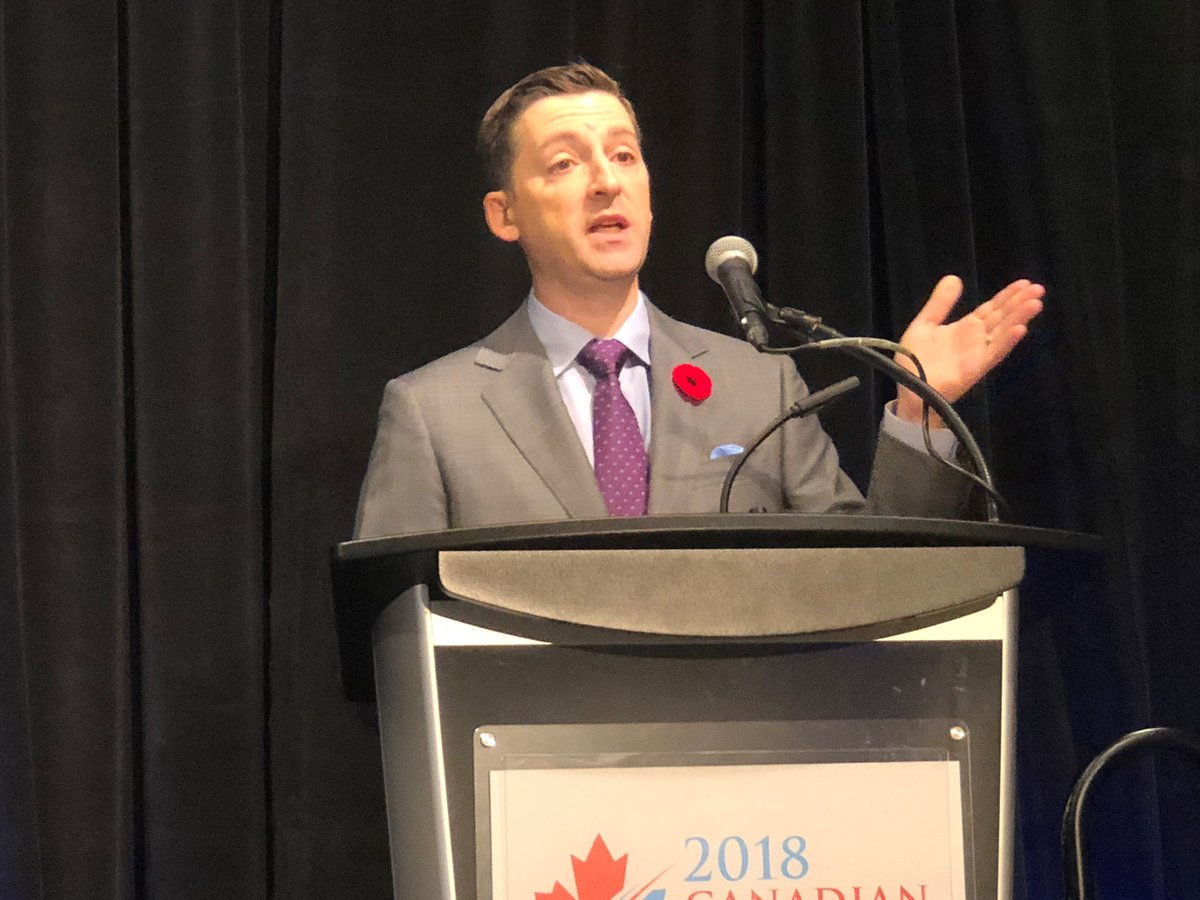Category: Oligopoly
-

ISP Summit – Day 2
The Canadian telecom and Internet regulatory model is broken. The basic premise is that the regulator, the CRTC, puts rules in place to support market and consumer choice. This can be traced back to the original resale and sharing rules from the 1980’s and then Decision 92-12 that opened up the long distance market to…
-

How We Can Win
As usual a good part of my summer relaxation was reading. While on vacation in the Spectacular Northwest Territories I indulged in fiction (Neil Gaiman who is a favourite of mine, Jo Nesbo for spare Nordic crime stories and a Young Adult book “Gregor, the Overlander” from my stepson) as during the year I read…
-

The Black Swan
For Christmas I received a copy of Nassim Nicholas Taleb’s “Skin in the Game”. Before I start it, though, I am reading through his previous works, collectively known as the “Incerto”. I had read “Anti-fragile” and “Fooled by Randomness” in the past and have just completed “The Black Swan”. In another upcoming post I will…